Manmade quartz or natural stone countertops?
Agoura Design and Remodel
9 years ago
Related Stories
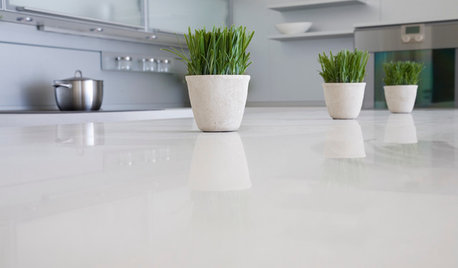
KITCHEN DESIGNKitchen Counters: Stunning, Easy-Care Engineered Quartz
There's a lot to like about this durable blend of quartz and resin for kitchen countertops, and the downsides are minimal
Full Story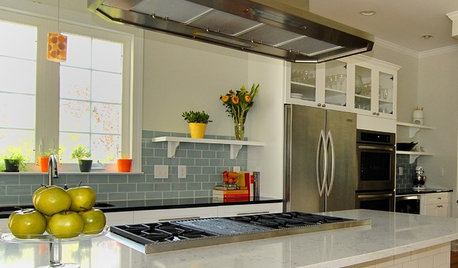
KITCHEN DESIGNGet Quartz and Porcelain Surfaces Super Clean
These cleaning tips for quartz, travertine, porcelain and engineered stone will help keep your countertops and sinks looking spotless
Full Story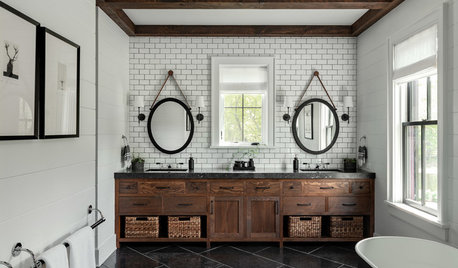
BATHROOM DESIGNBathroom Workbook: 7 Natural Stones With Enduring Beauty
Not everyone wants a marble bath. Bring organic warmth to counters, walls or floors with these hard-wearing alternatives
Full Story
DECORATING GUIDESAdd Gorgeous Sparkle With Rock Quartz Crystal
Natural, abundant and full of character, rock crystal offers a solid statement for your home
Full Story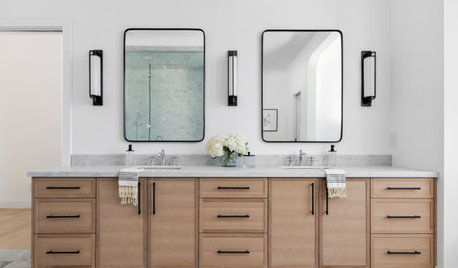
HOUSEKEEPINGHow to Clean Marble Countertops and Tile
Acidic solutions can damage your marble surfaces. Here’s how to keep marble looking clean and amazing
Full Story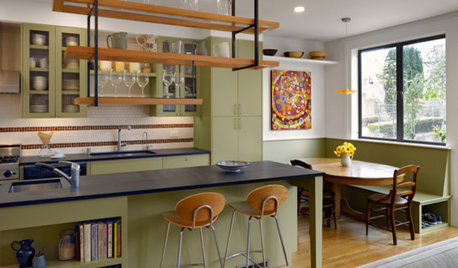
KITCHEN DESIGNAlternatives to Granite Countertops, Part III
9 more reasons to rethink the granite kitchen counter
Full Story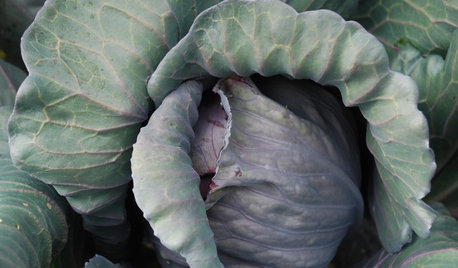
DECORATING GUIDESNature’s Color Wisdom: Lessons on Green From the Great Outdoors
Green will grow on you for interiors when you look outside for ideas on how to use it
Full Story
COLORNature’s Color Wisdom: Lessons on Blue From the Great Outdoors
Take some cues from the sea and sky to find a blue to match any taste and mood
Full Story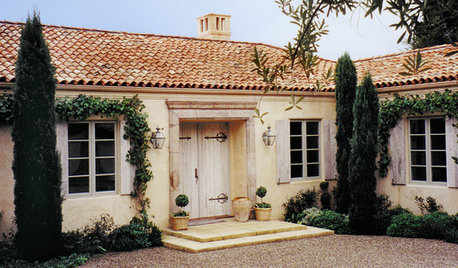
REMODELING GUIDES8 Natural Home Materials That Can't Be Beat
See how designing with natural stone, clay, wood and more can give a house luminosity, depth of color and lasting appeal
Full Story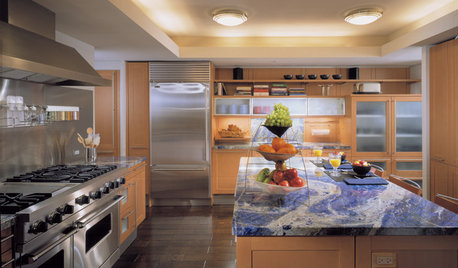
KITCHEN DESIGNAlternatives to Granite Countertops, Part II
Still looking for a new kind of countertop? Try sodalite, zinc, limestone, onyx and more
Full StoryMore Discussions






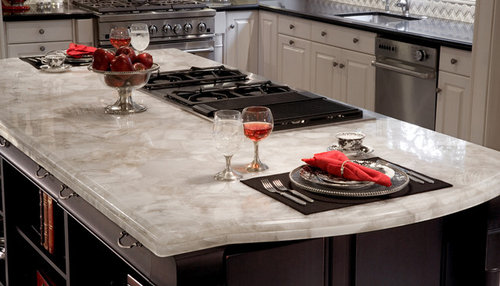
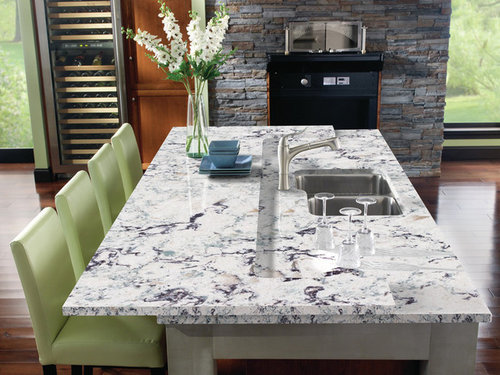
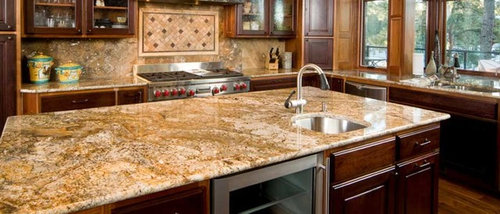



Frank Maresca
Agoura Design and RemodelOriginal Author
Related Professionals
Seal Beach Architects & Building Designers · College Park Kitchen & Bathroom Designers · Schenectady Kitchen & Bathroom Designers · Minneapolis Furniture & Accessories · Beverly Hills Furniture & Accessories · Little Chute Furniture & Accessories · Burlington General Contractors · Conway General Contractors · Hillsboro General Contractors · Jericho General Contractors · National City General Contractors · Pico Rivera General Contractors · Riverside General Contractors · Signal Hill General Contractors · Waimalu General ContractorsAna P.